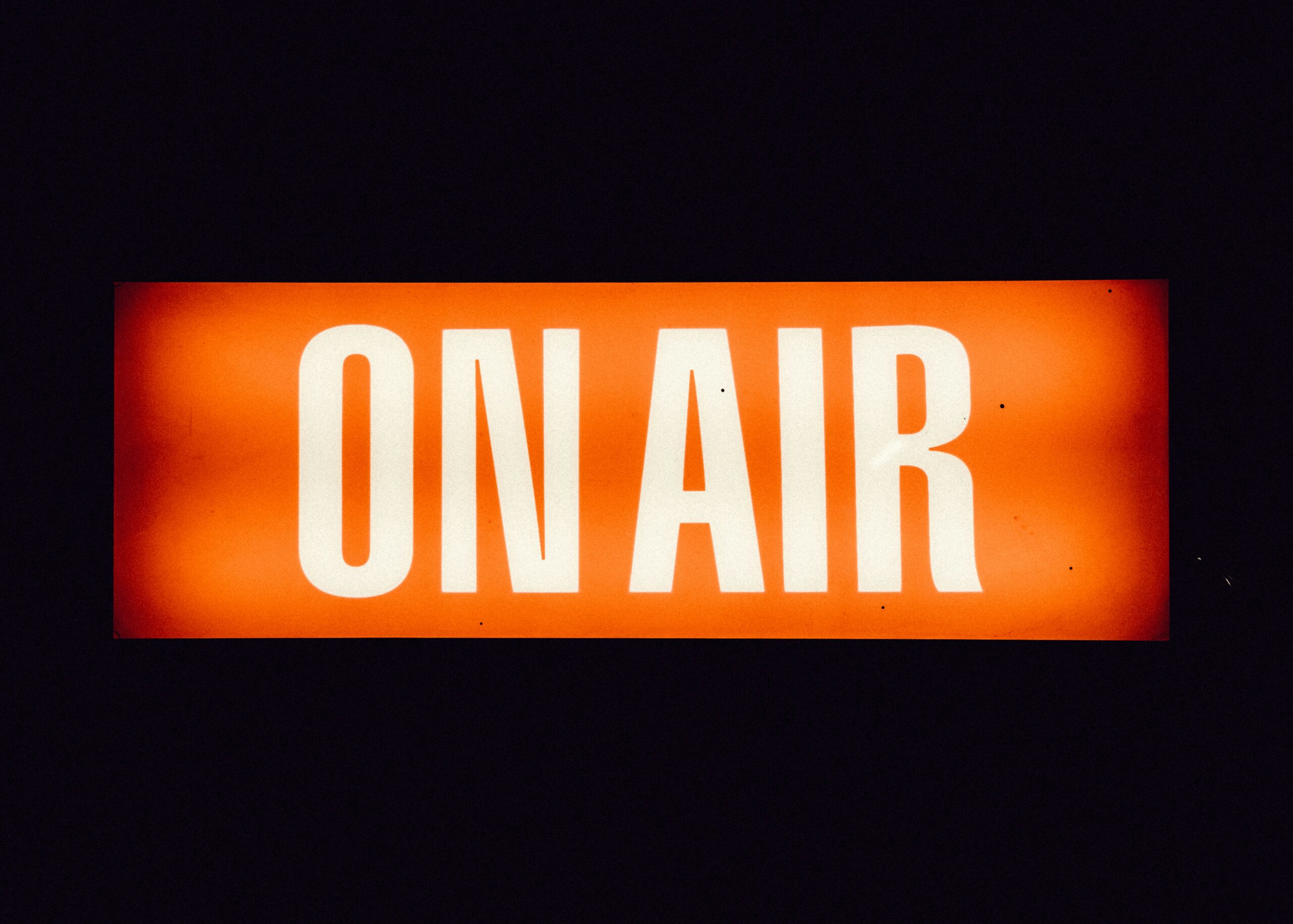
Get to grips with usage rights for voice talents
Before signing a contract with a voice talent, it’s important to understand their usage rights, which determine how their voice can be used. What the rights have in common is that they ensure that the voice-over is used correctly and fairly.
And that is precisely what we would like to help you learn about – so let’s take a closer look at what the various rights of use entail.
The licence controls the use of the voice
If you haven’t hired a voice talent before, licensing is often a confusing part to figure out in the voice talent’s contract. Therefore, we will try to make the whole process a little easier for you.
So, let’s start by explaining what the licence does. It is the licence that sets the framework for how the voice recording can be used – either in broadcast or non-broadcast.
This means that when your company enters into a licence agreement with the voice talent, it determines the terms of use for the voice recording. The following questions are relevant:
- Which geographical areas does the licence cover?
- What is the expected time frame for the licence?
- What media does the licence cover?
- What is the minimum budget to be able to use the voice-over?
In the same way, these questions also play a part in specifying the price of the licence. For example, whether the voice recording is to be used in a single country or globally, whether it is to be used on one platform or several, or whether it is to be used for one year or three. Read more about how to calculate the price of a voice-over.
So, the licence agreement ensures that your company has the legal right to use the voice recording in either broadcast or non-broadcast media. However, as a company, you do not own the voice recordings, but you buy a licence to use them in your products.
Let’s look at the difference between broadcast and non-broadcast:
Broadcast
Broadcast refers to the transmission of content via TV, radio or streaming services to a wide public. This means that you, as a company with a broadcast licence, pay for media rights to TV, radio or streaming services when you use the voice-over.
Non-broadcast
Non-broadcast is the opposite. In this case, it is not about broadcasting on traditional channels but instead includes all entertainment that people can watch or listen to at a time of their own choosing. This means that the non-broadcast licence includes online videos, advertisements, movie trailers, content on social media platforms, games, podcasts and audiobooks.
Can a voice be protected by copyright?
Although a voice recording can be protected by copyright, the voice itself cannot. This means that if you record a voice, you can protect the recording but not the voice itself as one unique sound.
For example, when a voice talent voices a character in a film or computer game, that specific voice performance constitutes an original work that can be protected by copyright. So, voice talents’ vocal performances can be copyrighted in the same way as a musical performance in a song.
It is important to note that although copyright is often assigned to companies in commercial situations, the voice actor usually retains the moral rights, ensuring that he or she is recognised as the person who performed the work.
What should you consider?
We’ve put together some useful tips to help you navigate the process of hiring a voice talent for your project:
- Be clear about your needs
Before hiring a voice talent, be sure of what you need. Define your target group, your message and the voice that best suits your production. - Choose the right voice
The voice must suit the objective and the target group. Consider the tone, style and vocal characteristics that best match your project. - Be sure to read and understand the contract
Contracts can be complex, especially when it comes to licensing agreements. Be sure to read and understand all terms and conditions, and if anything is unclear, ask for help from a lawyer or agent. - Talk to your voice talent
Communication is the key to a good collaboration. Be sure to discuss your expectations, requirements and any changes once the process is underway. - Be aware of rights and copyright
Respect the rights of the voice talent and be aware of copyright issues. Take care to ensure that you have the necessary permissions and rights to use the voice recording in your project. - Avoid misunderstandings
Be clear and specific in your expectations and requirements. Misunderstandings can lead to problems later in the process, so be sure to communicate clearly. - Pay attention to the budget
Be realistic about your budget and make sure that you find a voice actor that fits your finances. Also, consider whether additional costs, such as licensing agreements, need to be included in the budget. - Be open to collaboration
Be open to feedback and work with your voice talent to achieve the best result. Collaboration can lead to an even better product than expected.
Ready to begin your voice-over project?
Now that you are up to speed with all the usage rights, you are ready to begin your next voice-over project. But how do you get started and what’s the process from start to finish? What is important to remember and how can you make sure that the script is good? We help you answer these questions in our guide, where we present the five most important steps you can follow when starting a new voice-over project.
You are also more than welcome to contact one of our voice-over specialists if you have even the slightest question. You can find more information on how to get in touch with us here
